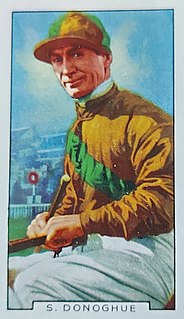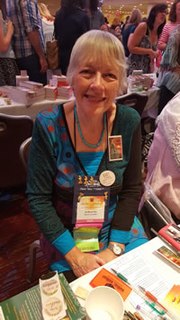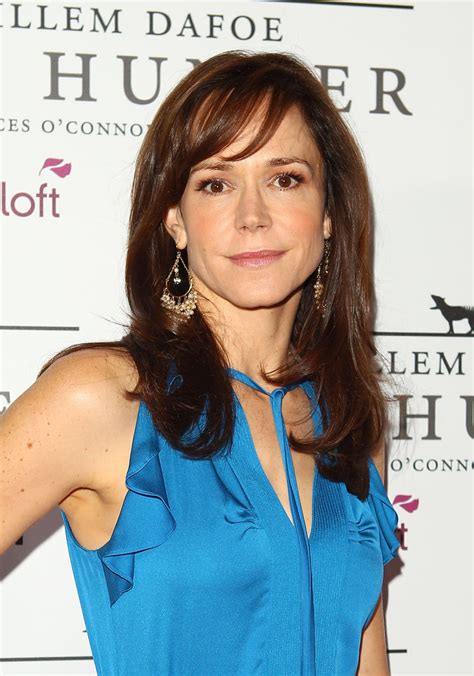A Quote by Amanda Foreman
When I was in my twenties, I strongly identified with Jane Austen's 'Emma' - her human failings mixed with a desire to do good.
Related Quotes
I am a Jane Austenite, and therefore slightly imbecile about Jane Austen. My fatuous expression, and airs of personal immunity-how ill they sit on the face, say,of a Stevensonian! But Jane Austen is so different. She is my favourite author! I read and reread, the mouth open and the mind closed. Shut up in measureless content, I greet her by the name of most kind hostess, while criticism slumbers.
The latest gorgeous entry in the Belknap Press' growing library of annotated Jane Austen novels arrives, this time the mighty Emma under the exactingly careful guidance of Bharat Tandon of the University of East Anglia. Belknap has once again done its end of the job superbly: the book is a physical treat-luxuriantly over-sized, heavy with quality paper and solid binding, decked out in a beautiful cover and dozens of well-chosen illustrations throughout. This is one of the prettiest Jane Austen volumes available in bookstoresthis season.
And I love Jane Austen's use of language too--the way she takes her time to develop a phrase and gives it room to grow, so that these clever, complex statements form slowly and then bloom in my mind. Beethoven does the same thing with his cadence and phrasing and structure. It's a fact: Jane Austen is musical. And so's Yeats. And Wordsworth. All the great writers are musical.
Here was a woman about the year 1800 writing without hate, without bitterness, without fear, without protest, without preaching. That was how Shakespeare wrote, I thought, looking at Antony and Cleopatra; and when people compare Shakespeare and Jane Austen, they may mean that the minds of both had consumed all impediments; and for that reason we do not know Jane Austen and we do not know Shakespeare, and for that reason Jane Austen pervades every word that she wrote, and so does Shakespeare.
What I'd love to do would be to bring a person from the past to me. In that case I'd pick Jane Austen, because I'd like to know what really made her tick. It's my opinion that she was inhibited by her family and a desire to do the right thing. Away from all that, I believe she'd show new facets and enjoy the adventure.







































